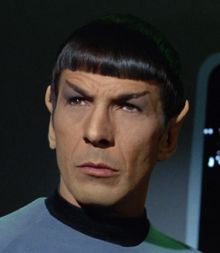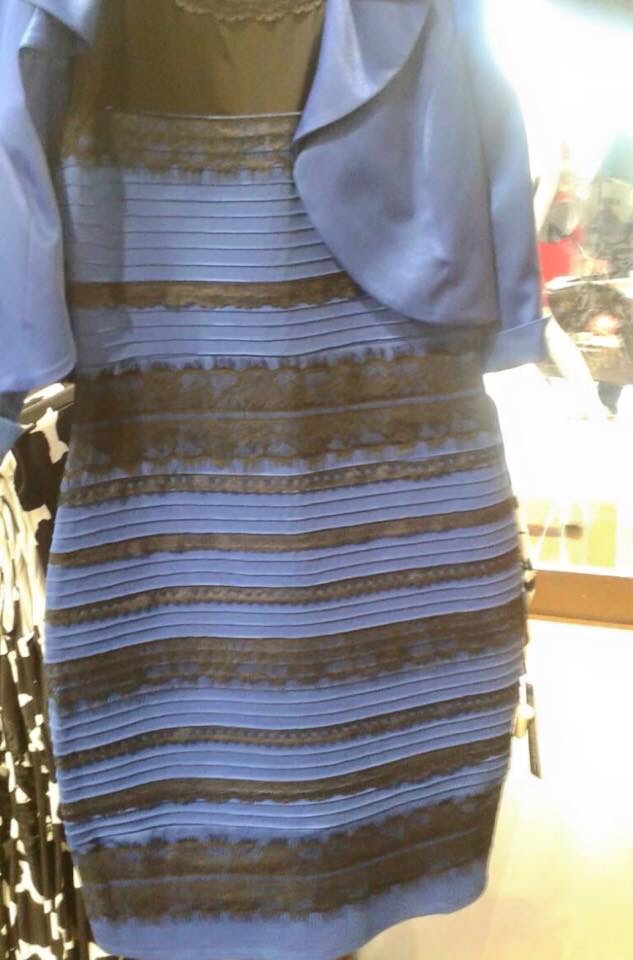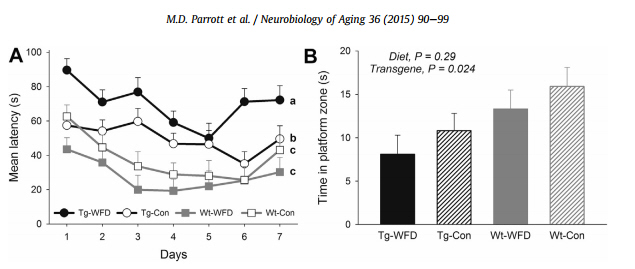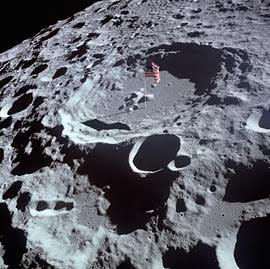 Marijuana For ADHD?
Marijuana For ADHD?Cannabis and THC, its main psychoactive compound, have been endorsed by people suffering from anxiety...
 Rutgers Study - Forcing DEI Programs On People Increases Hostility
Rutgers Study - Forcing DEI Programs On People Increases HostilityIf you have done nothing wrong, do you want to be treated like a criminal? That was always the...
 Minnesota Trial Lawyers Want To Ban Neonics - Here Is Why That Is A Mistake
Minnesota Trial Lawyers Want To Ban Neonics - Here Is Why That Is A MistakeMinnesota is having a challenging year, so challenging they are approaching California as the wackiest...
 The Toxic Masculinity Of Disney Movies
The Toxic Masculinity Of Disney MoviesOnce upon a time, stories were just stories. They were fantasies that took people to a new world...










